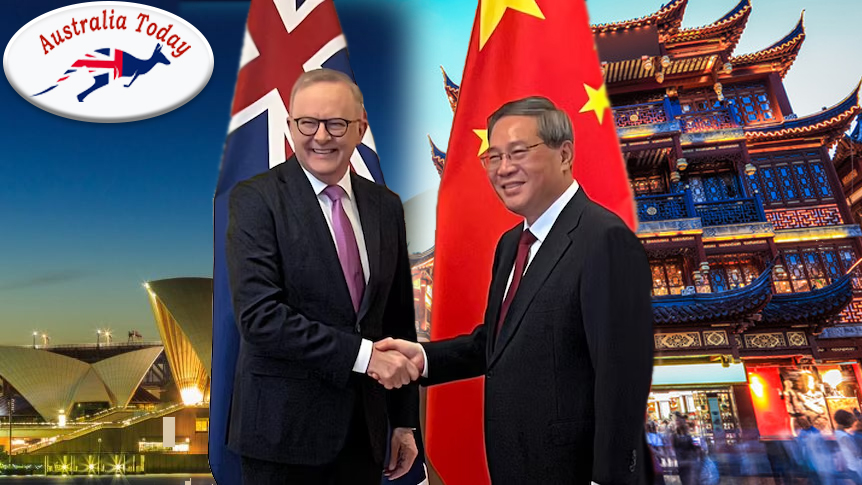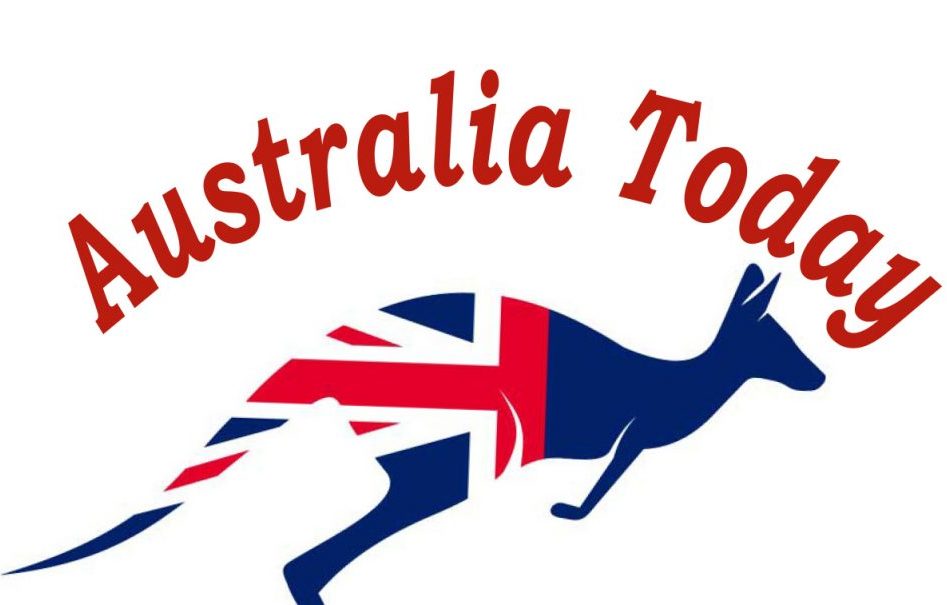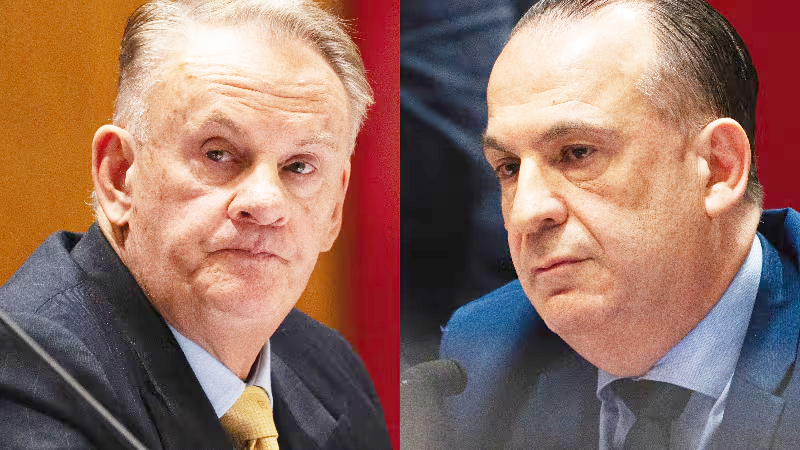
Australian Prime Minister Anthony Albanese has announced an agreement with his Chinese counterpart, Li Qiang, to lift a ban on Australian lobster exports to China by the end of the year.
The decision comes after years of suffering since the ban was imposed as part of China’s economic sanctions on Australia in 2020 and 2021.
The lifting of the ban is welcome news for the Australian lobster industry, which has been heavily reliant on the Chinese market, which generates revenues of up to $700 million annually.
Fishing companies and fishermen in areas such as Geraldton, South Australia, and Tasmania are eagerly awaiting the resumption of exports, especially with the Chinese New Year approaching, a peak demand period.
Albanese said his government’s patient and measured approach to China had resulted in the restoration of trade relations, saying: “Today we discussed the resumption of live Australian lobster exports, which will be very welcome by those in the industry.”
He said the return of trade would open the door for lobster fishermen to regain their businesses and start planning for the future.
The ban has caused significant losses for the lobster industry, with prices falling dramatically and a large number of boats leaving the market.
Fishermen like Clint Moss from Lancelin, north of Perth, expressed relief at the news, saying: “Chinese New Year has always been a great time for us, and the return of the Chinese market could be incredibly good news for a lot of fishermen.”
Industry experts, however, warn of the challenges ahead.
Andrew Fegson, managing director of Ferguson Australia, said returning to the Chinese market would not be as easy as it had been in the past, and that the diversity the industry has achieved in recent years must be maintained.
He added: “We need a lot of work to regain our market share, and China may not be as profitable as it was before.”
With trade barriers on Australian lobster removed, China continues to open its doors to other Australian products such as wine, coal and barley, boosting hopes for Australian businesses to regain their footing in the Chinese market.
However, economic and political challenges remain, and further cooperation is needed to ensure trade relations remain sustainable.
The two leaders also discussed a range of thorny issues while in Laos, including confrontations in the South China Sea and China’s recent test of an intercontinental ballistic missile in the Pacific, which has drawn sharp objections from several Pacific nations.
Albanese noted that he raised Australia’s concerns about a series of encounters between Chinese and Philippine vessels in the South China Sea, saying there must be “engagement, cooperation and military dialogue to avoid any misadventure”.
He said: “I put forward our view on the importance of adhering to these international rules.”
The prime minister said he also “discussed” the ballistic missile launch with the prime minister, although he did not go into details.
“What is important is that friends can have direct discussions. That does not mean agreement,” he said. “This does not mean compliance, and I will always represent Australia’s national interest.” Lifting the ban on Australian lobster is a significant step towards restoring trade with China, but the industry will need to work hard to regain market share, especially with lessons learned from the previous crisis.








